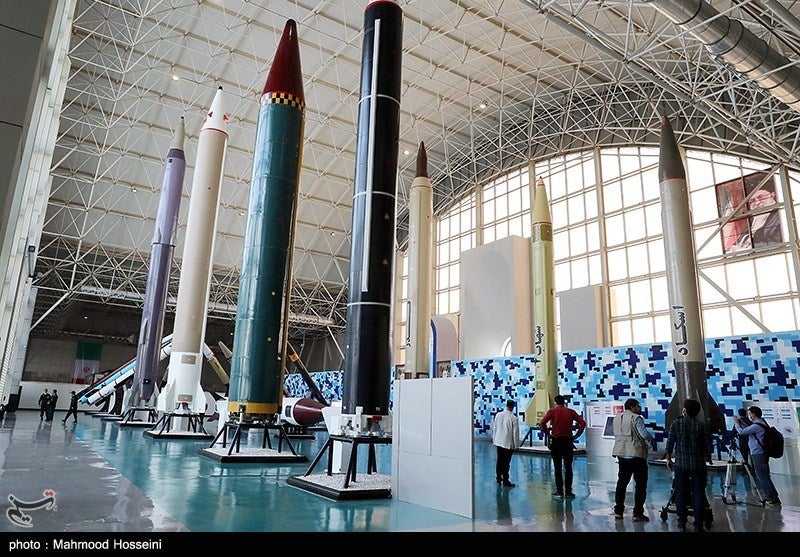Iran’s Revolutionary Guards Corps Claims That It Is Developing a Hypersonic Ballistic Missile
While Iran has been shaken by public protests calling for the regime’s downfall, a third announcement about the controversial missile program was made this week. According to the Iranian official news agency IRNA, Brigadier General Amir Ali Hajizadeh, Commander of the Iranian Revolutionary Guards Corps Aerospace Forces, stated that they were developing a ballistic missile at an event held in the capital Tehran on the 11th anniversary of the death of Brigadier General Hassan Tehrani Moghaddam, known as the architect of Iranian missile technology. Hajizadeh claimed that the ballistic missile in question is capable of reaching hypersonic speeds and can overcome advanced air defense systems as well as maneuver both inside and outside the atmosphere. The Iranian commander stated that the missile’s tests were completed and that the hypersonic ballistic missile would be unveiled at a suitable time in the near future, did not provide any additional information on the subject.
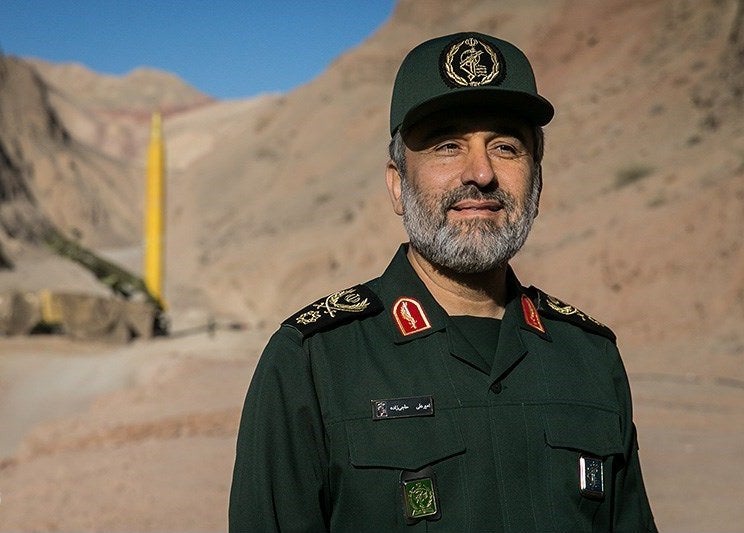
According to Tasnim news agency, at the same event General Hossein Salami, Commander-in-Chief of the Iranian Revolutionary Guards, said that “enemies have tried everything these days, but they have failed because they are weak. The Iranian people have not stopped and are on the move”. Referring to the nationwide protests that erupted following the death of Mahsa Amini in Iran’s Qom province, General Salami stated that their enemies wanted to see Iran as a country at odds with itself, and added, “Under these conditions, we targeted the anti-revolution groups. We carried out an exercise near the Aras River. We successfully launched a satellite carrier rocket. We tested the Bavar-373 air defense system with a 300-kilometer range and were able to develop a new missile that no air defense system could destroy,” he said. “We have told the enemies that they will not live in peace, so we will certainly disturb their peace and tranquility,” General Salami finally threatened.
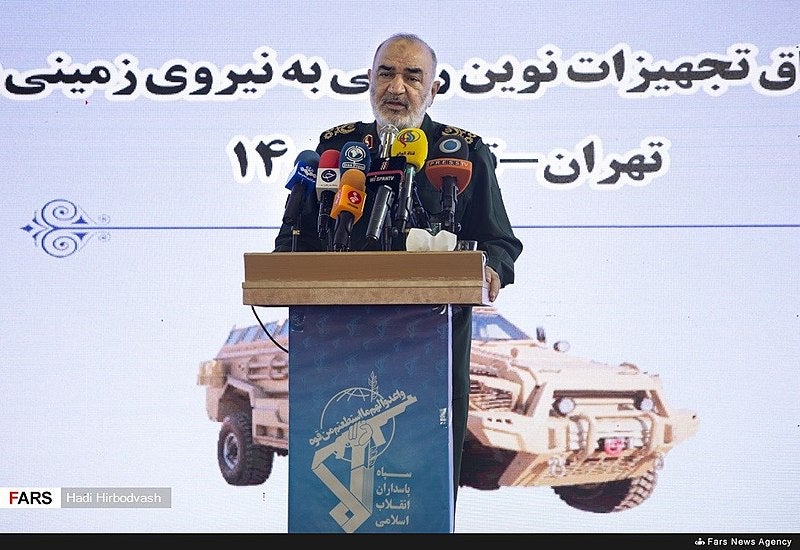
The latest Iranian missile announcement coincided with statements made by the Iranian Foreign Minister and other officials regarding contacts with European Union foreign policy officials and the International Atomic Energy Agency in order to restart the stalled Vienna talks and resolve disagreements. “We will send a delegation from Iran to Vienna in the coming days to initiate negotiations with the International Atomic Energy Agency and strengthen cooperation,” Foreign Minister Hossein Amir-Abdollahian said of the latest state of the negotiations for the lifting of sanctions imposed on Iran due to its nuclear program. Rafael Grossi, Director General of the International Atomic Energy Agency (IAEA), told Reuters during the Climate Conference COP27 in Egypt, “Iran did not present anything new about its nuclear program at the last meeting held in Vienna, but talks will continue in the coming weeks.”
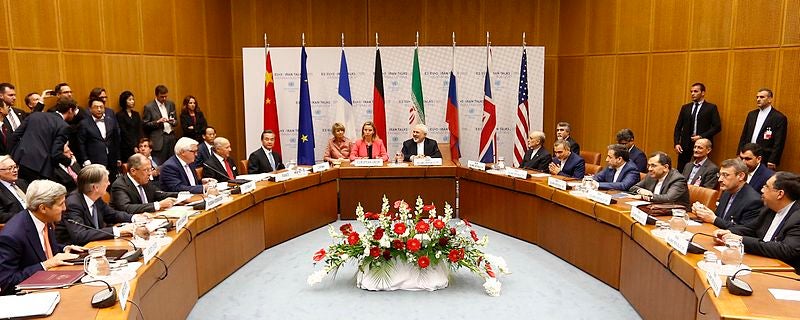
Iran and the permanent members of the United Nations Security Council (UNSC), the United States, Russia, China, the United Kingdom, France, and Germany (5+1), signed an agreement in 2015 to regulate and control Tehran’s nuclear activities in exchange for the lifting of sanctions. When former President Donald Trump unilaterally withdrew from the agreement in 2018 and began reimposing sanctions on Iran, Tehran gradually ceased its commitments to the agreement and took a series of steps, including high-level uranium enrichment. However, after Joe Biden was elected President of the United States in 2020, the moderate statements made by Washington and Tehran rekindled hopes for the nuclear deal.
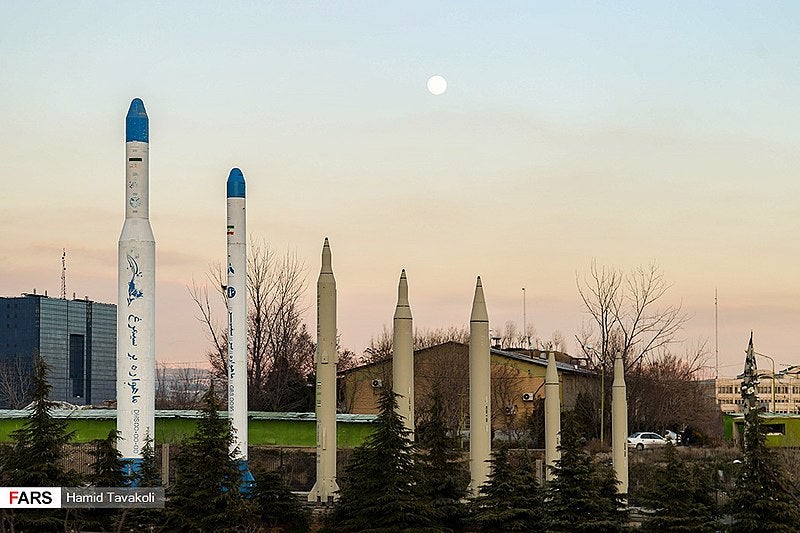
Negotiations for a return to the nuclear agreement were resumed in April 2021 in Vienna, Austria, between Iran, France, Russia, China, the United Kingdom, and Germany. Negotiations for the US to return to the agreement were underway with the inauguration of US President Joe Biden in January 2021, but the negotiations have been suspended numerous times since then for various reasons. Whenever the talks are halted, the Iranian Armed Forces and the Iranian Revolutionary Guards Corps begin testing or unveiling weapons that may violate UN Security Council Resolution 2231. Western governments and Israel call such actions destabilizing, while Iran claims the weapons are merely a deterrent.

